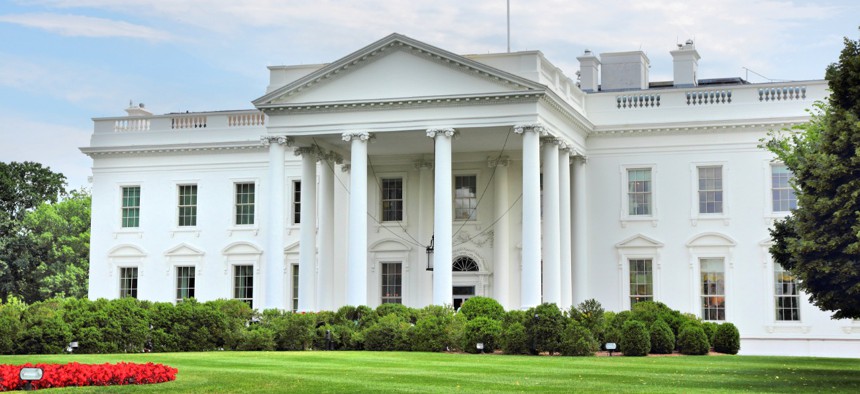White House Tells Watchdog It Won’t Comply With Some Priority Suggestions to Improve Government

tupungato / istock
OMB has 153 open recommendations from GAO and a lower completion rate than the rest of government.
The Office of Management and Budget has told the chief government watchdog it will not comply with several of its recommendations aimed at improving the performance and oversight of government, arguing the changes are unnecessary or that it had already addressed the concerns.
The Government Accountability Office highlighted in a report on Monday the priority problem areas the White House has still not addressed, which totaled 44 in all. Some of the suggestions dated back decades and included topics such as improving government performance, increasing the transparency of government data, reducing costs in acquisition, mitigating improper payments and improving property management.
“Fully implementing these open recommendations could yield significant savings and other improvements in executive branch agency operations,” GAO said.
Among the recommendations OMB appeared unwilling to implement to the auditor’s specifications was a suggestion to help agencies evaluate how tax expenditures help meet mission goals. GAO found that OMB “has not reported progress on exploring options” to address the issue. Creating a framework for agencies “could help inform policy decisions about the efficiency, effectiveness, and equity” of how they spend tax dollars, GAO said.
The watchdog maintained several open priority recommendations related to disaster response. It suggested, for example, that OMB develop guidance on avoiding improper payments and other risks associated with COVID-19 relief funds. OMB said existing guidance was sufficient, over GAO’s objections. GAO similarly pushed for guidance on controlling risks related to disaster relief funds. While OMB agreed with the recommendation, it again said existing, governmentwide guidance addressed GAO’s concerns. On a related recommendation connected to disaster relief funds, OMB reiterated its earlier objections to GAO’s findings and said agency management should handle enforcement of relevant statutes itself. GAO countered that OMB’s oversight was necessary to ensure compliance with those laws.
The auditors recommended OMB better ensure agencies are adhering to the "do not pay" system aimed at preventing improper payments. OMB noted the Treasury Department provides it with reports on the system, but GAO said the White House has yet to prove it will meet its statutory obligations.
GAO tasked OMB with assisting agencies in meeting additional data reporting requirements. The watchdog said OMB must take further action, but OMB again countered its previous efforts were sufficient. GAO directed OMB to launch an initiative to share best practices for asset management, which OMB initially said it planned to address. In April, however, OMB staff told GAO "they neither had plans nor timeframes to perform this work."
Overall, OMB has completed 60% of recommendations made at least four years prior. That is well below the governmentwide rate of 77%. OMB still has a total of 153 recommendations still open, many of which the White House has agreed to address or GAO is still awaiting feedback.
NEXT STORY: FCW Insider: July 7, 2021






